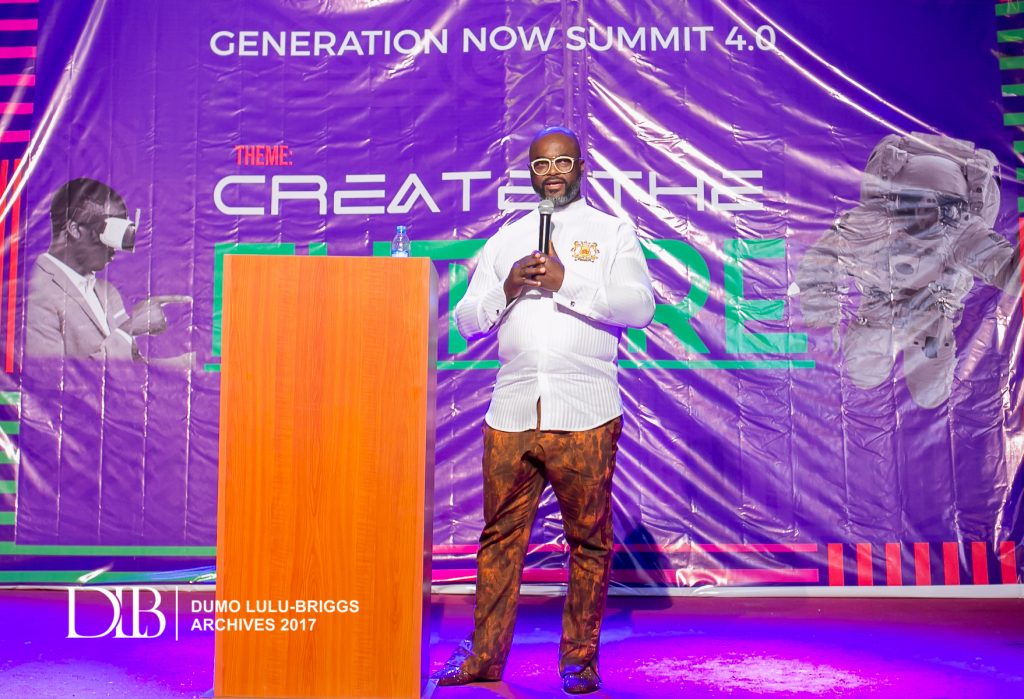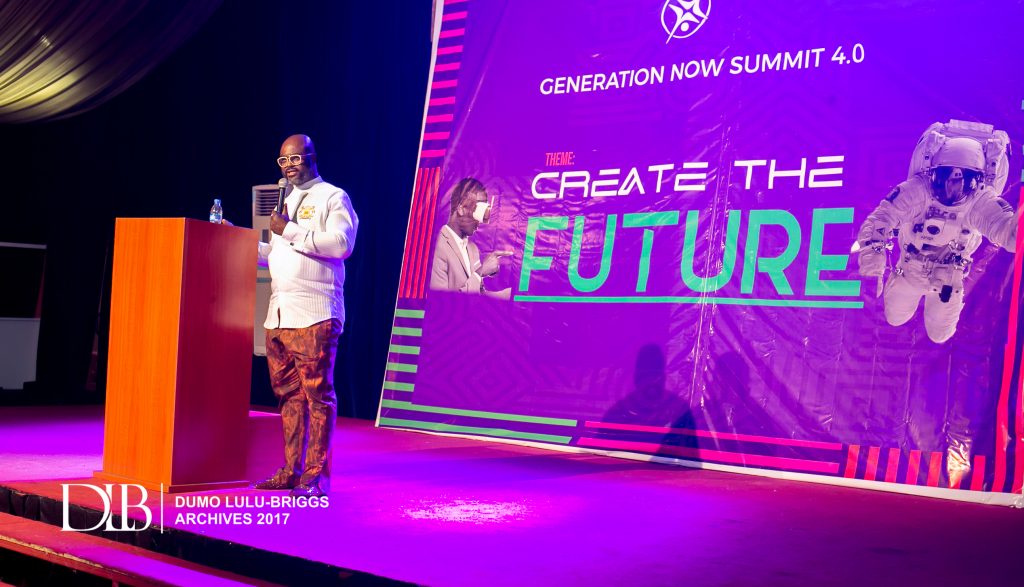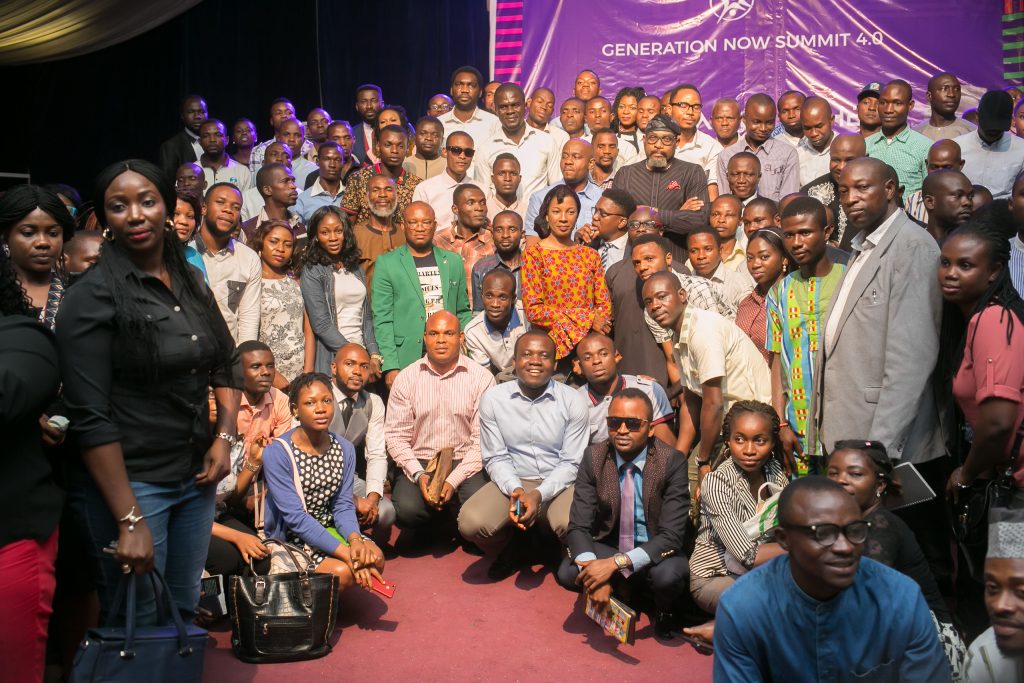
“HOW YOUTHS CAN CREATE A BETTER NIGERIA”
Introduction
All protocols dully observe. Ladies and gentlemen, I greet you all.
When I was asked to address this gathering, I wondered what I was going to say, since as young Nigerians, I know you have been equipped to succeed. Before now, I would have concluded, like a lot of others that your success is the success of Nigeria. But as I thought about it, I realized that a better Nigeria did not mean a successful Nigeria. So, what do we mean by a better Nigeria, and what can you, as a youth, do to bring a better Nigeria?
I will define a better Nigeria as an environment conducive to success. One where everybody can actualize their dreams without let or hinderance. Since we are all products of our environment, a better Nigeria to my mind is creating a better environment for us to live and operate in.
Conceptual Clarification
Environment
Environment is everything that is around us. Living things live in their environment, constantly interacting with it and changing in response to conditions in their environment. Since, everything is part of the environment of something else, the word ‘environment’ is used to talk about many things. In psychology and medicine, a person’s environment is the people, things, and places surrounding a person. One definition of environment is “the aggregate of social and cultural conditions that influence the life of an individual or community”. In history, a person’s environment is the events and culture that the person lived in. Taken together, we see that the environment affects the growth and development of the person. It affects the person’s behaviour, body, mind and heart. To that extent, we see that the environment shapes a person’s beliefs and actions. In its broadest sense therefore, environment is both the physical environment and the value system we operate with. Values are deep seated beliefs that influence people’s actions and the rules by which they make decisions within their society. Values determine attitudes which in turn influence behaviour. Every society defines its values and engages in activities that will sustain those set of values.
We see therefore, that societal development is driven by how man engages with his environment. This engagement plays a major role in energizing, motivating and mobilizing a people or nation towards a common goal. For the purpose of this meeting, the common goal is a “better Nigeria”. Much more than the physical environment, the “value system shapes perception and beliefs”. This is why it is said that, a society with strong value system will experience high development, as against a society with weak value system, which will experience chaos and underdevelopment”. “The strength of a nation,” says Samuel Smiles “depends on the character of the people. Individual development is national development.”
Youth
But who is a youth? Because there is no universally accepted definition of a youth, you will find this stated as some age bracket or interval, most commonly for use in employment or other statistics. This age bracket is defined differently by different institutions and nations. The United Nations defines the youth as those within the ages of 15-24 years. In much of sub-Saharan Africa, the term “youth” is associated with young men from 15 to 30 or 35 years of age. The NYSC puts its age bracket as from 18-30 years. But the National Youth Policy (2009), defines the youth as all young persons between the ages of 18-35 years.
But youth is a more fluid category than a fixed age-group. As such, I will use the definition of youth as “the quality or state of being youthful”. Robert Kennedy says, “This world demands the qualities of youth: not a time of life but a state of mind, a temper of the will, a quality of imagination, a predominance of courage over timidity, of the appetite for adventure over the life of ease”. The distinguishing characteristic of the youth includes, impatience for and with change, zealousness, radicalism, rebellion or revolt against authority, curiosity, hard work, ego or pride and ambition etc. Some of these, like zeal, radicalism, hard work and ambition, can positively, and indeed are critical to national development, the general improvement in the lives of members of a society. We can safely say that youths can be the engine of national development, if their mindsets are channels in the right direction.
Youth have, historically, been notable change agents and drivers of societal transformation. That the youth “youth constitutes the backbone and future of any nation” is not in doubt. The tragedy is that, in most countries of the world, the youth are marginalized and excluded from governance and the development process. Truth is that this unfortunate condition is not peculiar to Nigeria. In 2012, the National Population Commission’s (NpopC) projected Nigeria’s population as 167 million. Half or 50% of these were said to be youth in the age category of 15 – 34 years, with 11 million of these unemployed (Akande, 2014). Nigeria’s total population in 2016 was projected to be 193,392,517 (NpopC July 2017). Youth population was estimated at 61,306,413 or 31.7% of the total population. Nigeria is said to have the largest youth population in the world within the framework of this definition, with a figure of 33.652 million.
The prospect of Nigerian youths will appear bleak given the abysmal statistics you read in the press. The news seems to be dominated by stories of insecurity, physical and sexual violence, corruption, examination and other forms of malpractices, poverty, looting of public funds, money laundering etc. It may be true that youths have been neglected and government has so far been unsuccessful in designing and implementing policies targeting youths in our national development. It may also be true that this failure may have left the youths in despair from poverty and unemployment. I am not here to talk about the challenges facing the youths. The organization of the program is in recognition of that. I will want to focus on what you, as youths, can do to make Nigeria better.

However, what you have is mostly formal education. Important though this is, what you need now is self-development, the investment you must make both to upgrade and make yourself relevant. This you will find will be continuous, and indeed lifelong.
What Youths Can Do
Edward L. Kramer says, “no matter who you are or where you may be, you can do something to change the world for the better”. I will rephrase this to say, “No matter who you are or where you may be, you can do something to change Nigeria for the better”. I agree with Rotimi Olawale (2011) that “creating a better Nigeria is an everyday effort best lived in my personal contribution on a daily basis”. And some like Emeh Alexander Obinna (2015), would say that “building a better Nigeria simply means building a better you”. I agree with him that “this is the first and greatest of steps toward building a better Nigeria”.
I believe the greatest impediment to the contributions of youths in making Nigeria better is attitudinal. While a lot of youths are not sure of what they can do in their personal capacity, others think that they do not have the power to cause any difference, and still others think they are not important. So, I can understand the attitude I now observe amongst the majority of young Nigerian I interact with. Most, in the discussion of changing Nigeria, appear resigned, and think that change is the duty of our leaders alone. Worse still, they appear to be expecting a “big bang” change. The general perception is that the future is some far-off time horizon, building of which can be postponed to tomorrow. Truth is that the future begins today, and we must start building it today, and, day by day. To be able to do this, we must be able to set aside certain beliefs, assumptions, and practices created in and by the past that would otherwise become a wall between our today and the potential tomorrow holds.
Let me however say that the change that we desire for Nigeria can, as a first step, only come from those of us present here. In that sense, the change that we desire is the sum total of changes in our individual attitudes and behaviour. Therefore, my one sentence proposition of “how youths can create a better Nigeria” is, “change yourselves”. I am in total agreement with Marcus Aurelius, “Waste no more time arguing about what a good man should be. Be one”. Waste no time arguing about change, be the change agent. The change that begins with us, will extend to our families, communities, states and country. There is the saying that, “thoughts manifest as the words, words manifest as deeds, and deeds develop into habits. And the habit hardens into character”. So, as a first step, change your thoughts about, and the way you view Nigeria from the negative to the positive.
While the general suggestions of what need to happen for Nigeria to better, is what other can do for youths, like engaging them in the political, legislative, policy and governance processes. However, I should point out that this gathering is meant to shift our focus away: “from others to us” to “from us to others”. This shift in focus is important because it is unlikely that leadership will be handed to the youths. Like Attahiru Jega (2017) said, “young people cannot afford to be apolitical, apathetic and indifferent to what is happening in governance and in the larger political economy. They need to get engaged and involved”. Youths have to take over leadership by acting. So, how can the youths act, or what should the youths do to make things better for us all?
In the light of this, let me make some suggestions as to what you can do to make Nigeria better.
First, is the tiny, but probably the most important, and yet the most neglected bit, of what youths can do to make Nigeria better. This is the issue of the questions youths seek answers to. The kinds of questions you try to answer will define you as a person. If all you ever ask is of the kind, “what is happening to my life?” or “why is my life like this?” you are not likely to progress, because you are not likely to use your potential since you will not recognize you have one any way! If, on the other hand, the questions you ask are of the nature, “what can I do to change this for the better?” or “what are the opportunities here?” you are likely to make Nigeria a better place.
This parallels the perspective of whether the glass is half full or half empty. This same glass is seen by different people from different perspective. While some see it as half full, some others see it as half empty. Though both are correct, but one perspective reflects optimism and the other pessimism. So, let me challenge us today, to change our mind set, by changing the kinds of questions we ask. Those seeking opportunities are those who will find them.
Having changed our perspective or attitude, the next thing the youths should do to make Nigeria better is to get involved or engage with the system and processes, political and all. There are several ways this can be done. I will only mention a few, as it is impossible to produce a comprehensive list. My hope here is that you will find one that fits your circumstance. Failing which, I hope to set you on the path to finding the best way for you to engage with the system. This is what I have referred to earlier as engaging with the environment. These, as you will notice, are all just facets of engagement with your environment. They are not different, but rather complementary activities.
Volunteer – this first means of engagement is by volunteering. Some consider this the highest form of service you can give to your country. And rightly so, since volunteering means you offer your competencies for free. I won’t be surprised if some of you scorn at this prospect. But while we find it easy to accuse politicians of embezzlement, have we wondered about the implication of his paying for our involvement in the campaign efforts? If he paid for your services, on what grounds do you condemn him for trying to recover the money has spent? If you volunteered your services, you would have significantly reduced the cost of the campaign project and therefore established the moral grounds to question him if he goes to misappropriate public funds. Please Volunteer! There are so many good causes around you, striving to improve the lots of Nigerians for you not to find one to volunteer with. With volunteering, you are taking a higher step in that you are helping to making things right and better rather than just talking about what is wrong.
Join – as a volunteer you only offer your competencies. But when you join a group or cause, you are not just giving your time and or resources. You become a part of something. You take ownership for something. If you have not, please join a political party. Do just register to vote. You cannot assume political leadership by being a voter. Only by being a member of a political party are you likely to end up in political leadership. At the moral level, do just go to church if you are a Christian. Join the work force of your church. It is a good place, not only for moral training, but also a place to acquire leadership, mobilization, speaking and teaching skills. Join people, a group or cause, you will have the opportunity to make Nigeria better for all of us! Remember, joining others will expand your sphere of influence and skills set.
Collaborate – finally, never work alone. Collaborate. This is the most important activity to focus on. Remember, the key lesson about synergy that comes from collaboration, is that the whole will become greater than the sum of its parts. No individual can produce a better result alone than a group, no matter how good and efficient they may be! Some of you may be saying you work better alone. You need to collaborate. Start now! In addition, it makes you relevant in the solution process. Oprah Winfrey once said that ‚ “the key to realizing a dream is to focus not on success but significance and then even the steps and little victories along your path will take on greater meaning”.
Complementing these facets of activities is reading. Charles Scribner once said, “Reading is a means of thinking with another person’s mind; it forces you to stretch your own”. Knowledge gotten from reading sensitizes the brain to buzz with new ideas and creativity.

Conclusion
In conclusion, I will leave you with the perspective of Olawale as my recommendation of how you should face the onerous task of working to make a better Nigeria. He has this to say: “my role in building a better Nigeria involves a conscious effort to being a better person, continuous advocacy for policy reforms especially ones affecting youth, involvement in on-the-ground project to show examples of what can be done to improve and empower youth in Nigeria and lastly, living a life that can be emulated as an example of an ideal Nigerian”.
Thank you for listening. God bless you. Long live Nigeria.

